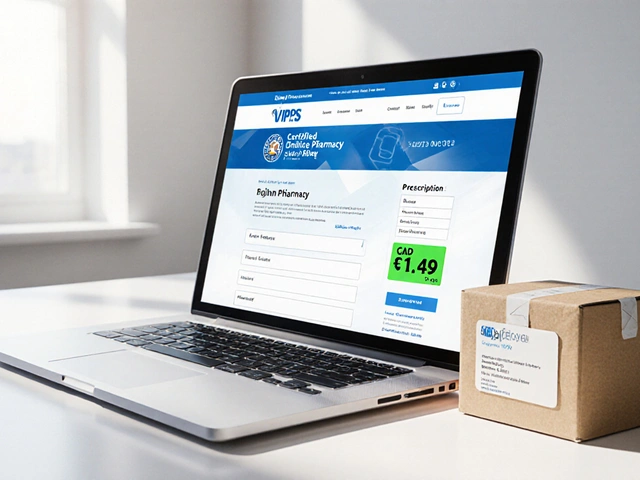Cold Sore Medication: What Works and How to Use It
Cold sores are caused by herpes simplex virus type 1 and they show up as painful blisters around the mouth. Quick treatment shortens outbreaks and cuts pain. This guide covers approved medicines, when to pick an over-the-counter product versus a prescription, and practical tips to get better fast and avoid passing the virus to others.
Fast-acting antiviral options
Antiviral medicines are the mainstay for cold sores. Oral drugs like valacyclovir, acyclovir, and famciclovir stop the virus from multiplying and usually work best when started at the first tingle or itch. Topical antivirals such as penciclovir cream and over-the-counter options like docosanol (Abreva) can reduce healing time if applied early. For severe or frequent outbreaks your clinician may prescribe a short oral course or daily suppressive therapy.
When to choose prescription vs OTC
Choose an OTC product for a mild outbreak you catch immediately. Use prescription pills if your blisters are large, very painful, you get sores often, or you have a weakened immune system. Pregnant people, small children, and anyone with other health issues should check with a healthcare provider before starting treatment. If you get more than six outbreaks a year, ask about daily suppressive medication.
How to use medicines effectively
Start treatment right at the first sign — that tingle usually predicts a sore. Read and follow the label or your prescription exactly. For creams, apply to clean, dry skin and avoid touching the area afterwards. For pills, finish the prescribed short course even if symptoms improve. Combine medication with simple self care: cold compresses for pain, non-prescription pain relievers as needed, and keep lips moisturized with a plain lip balm.
Prevent spreading and lower risk of future outbreaks
Avoid kissing and sharing utensils, towels, or lip products until sores are fully healed. Wash hands often and use tissues when needed. Triggers like sun exposure, stress, fever, and poor sleep can spark recurrences — use lip sunscreen, manage stress, rest well, and treat colds promptly. If a specific trigger seems to cause your outbreaks, note it and discuss prevention with your provider.
Side effects and when to call a doctor
Most antiviral creams cause little more than mild skin irritation. Oral antivirals can sometimes cause headache, nausea, or dizziness; any severe reaction or high fever needs medical attention. Reach out to your pharmacist or doctor if a treatment doesn't help within a few days or if sores worsen.
Want more detail?
Browse our site for specific drug guides, buying tips, and safety notes. If you're unsure which medicine fits your situation, talk to a pharmacist or doctor for personalized advice.
Quick tips: start medication at the first tingle, avoid contact until sores heal, use daily sunscreen on lips when outdoors, keep a note of triggers, and ask your pharmacist about drug interactions and safe options during pregnancy. If outbreaks become more frequent or severe, ask your doctor about long-term prevention choices. Early treatment works best. Ask for help.

Aciclovir Uses, Side Effects, and Dosage: Your Complete Guide
Discover what Aciclovir does, how it works, when to take it, and what to watch out for. Essential guide for anyone dealing with viral infections.
Categories
- Medications (70)
- Health and Medicine (61)
- Health and Wellness (36)
- Online Pharmacy Guides (16)
- Nutrition and Supplements (9)
- Parenting and Family (3)
- Environment and Conservation (2)
- healthcare (2)
- prescription savings (1)



